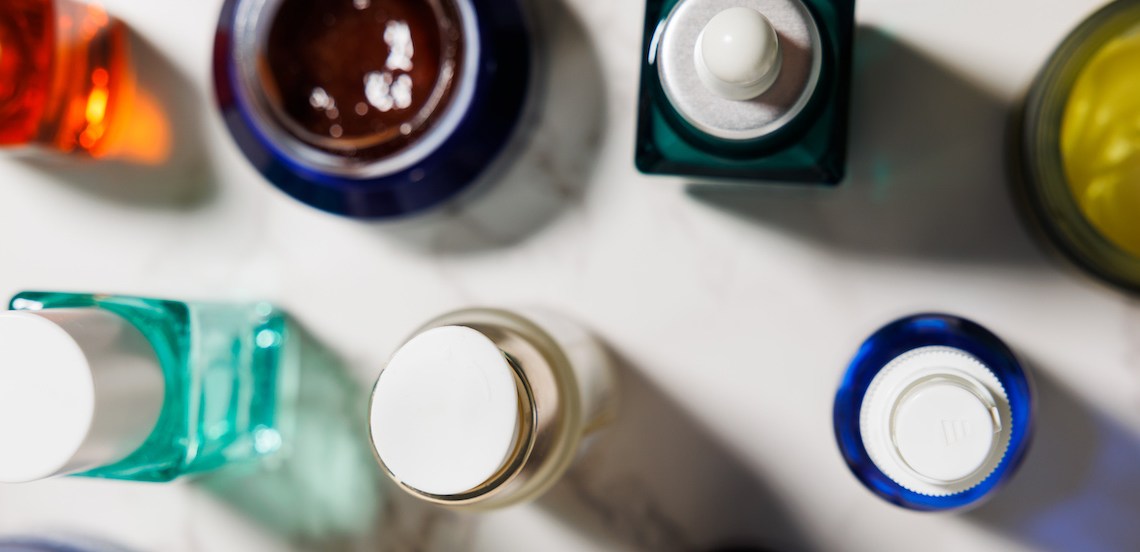L’Oréal’s corporate venture arm, Bold, is making a bet on biotech company Debut and the potential to leverage cutting-edge labs to usher in a new wave of beauty ingredients.
On June 1, Debut announced it had raised $34 million in Series B funding led by Bold, with participating investors including Fine Structure Ventures, Material Impact, GS Futures, Cavallo Ventures, Cultivian Sandbox Ventures and ACVC Partners, among others. Debut is a vertically integrated biotech firm that discovers ingredients, produces them at scale, creates formulas and conducts clinical trials. It will launch its own brand by the end of the year, in addition to licensing ingredients for use by other companies. Series B funds will be directed toward building out the product pipeline, additional hiring and expanding ingredient scaling capabilities, said Joshua Britton, founder and CEO of Debut.
“We’re just at the start of beauty and biotech [working together]; the last few months show there has been real innovation, but Debut’s ambition is to turn the active ingredient manufacturing process on his head,” he said. “Producing the same old active ingredients with a fresh twist is of no interest to us at all.”
Debut’s $22.6 million Series A in August 2021, led by Material Impact, helped scale its ingredient development model, establish its in-house brand incubator and grow into its 26,000-square-foot facility in San Diego. Debut was founded in 2019, and currently has 60 full-time employees. Britton touted that Debut develops its ingredients using cell-free fermentation, which does not require cultivation, chemical synthesis or agrochemicals, making it a more sustainable solution.
“Debut addresses one of the beauty world’s fundamental challenges: driving innovation without the resource-intensity and environmental impact that comes with relying on traditional manufacturing alone,” said Barbara Lavernos, deputy CEO in charge of research, innovation and technology at L’Oréal, in a press release. “We could not be more excited to be the first beauty leader to invest in Debut and partner with them to create standout active beauty innovations while protecting the planet’s resources.”
Bold, which stands for “Business Opportunities for L’Oréal Development,” has previously invested in many tech- and science-focused startups. Its portfolio of investments includes Sparty, a Japanese startup dedicated to personalized beauty and Functionalab Group, an aesthetic medicine clinics operator in Canada. In January, it invested in Digital Village, a metaverse-as-a-service platform and NFT marketplace for brands, creators and communities.
Other biotech beauty companies have recently made headlines. Of course, Amyris is perhaps the best-known because of its development of squalane, a sustainable synthetic ingredient version of shark-derived squalene that underpins beauty brand Biossance. Amyris has, over time, transformed its business by building up its beauty vertical through various launches and acquisitions. It recently sold its squalane business to Givaudan in February though still acts as the squalane manufacturer. And Oddity, the owner of Spoiled Child skin care and Il Makiage makeup brands, acquired Revela, a Boston-based beauty biotech lab, for $76 million.
Like Debut, Revela had a beauty brand, with four topical products including a hair growth serum, a brow serum and an anti-aging moisturizer using a proprietary Fibroquin molecule. Those four products will relaunch under the Spoiled Child portfolio.
Britton declined to disclose the number of products that Debut’s undisclosed new brand will have, but he noted that Debut has a portfolio of 250 screened and validated ingredients and a proprietary database of over 3.8 million pre-clinical data points to find and discover new ingredients.
Notably, the focus surrounding biotech’s capacity to generate new and novel ingredients is at odds with brands like The Ordinary and Inkey List dedicated to using decades-old ingredients. On June 5, The Ordinary launched its largest-ever out-of-home campaign, reinforcing the idea that heritage ingredients like retinol or copper peptides are well-understood, science-backed and more affordable. Beauty has always leveraged new ingredients as a marketing ploy, but such a fundamental shift in how ingredient discovery occurs could create more tension between the two schools of thought.
“Beauty and biotech go hand in hand with newer, higher performing ingredients backed by rigorous scientific, clinical data,” said Britton. “The days of Vitamin C and retinol as hero ingredients will be history. If we have this conversation again in five years, we don’t think brands and companies operating with those [ingredients] are going to be around. A new era is coming.”




